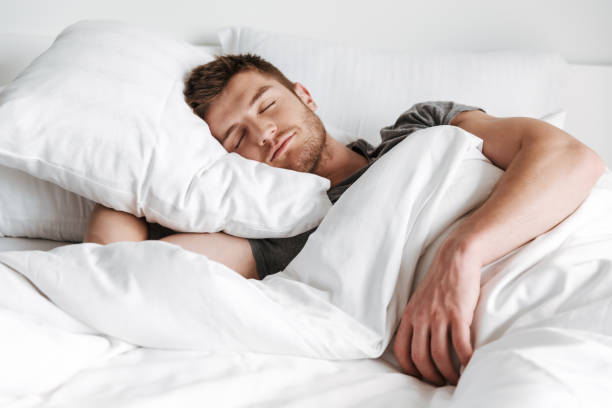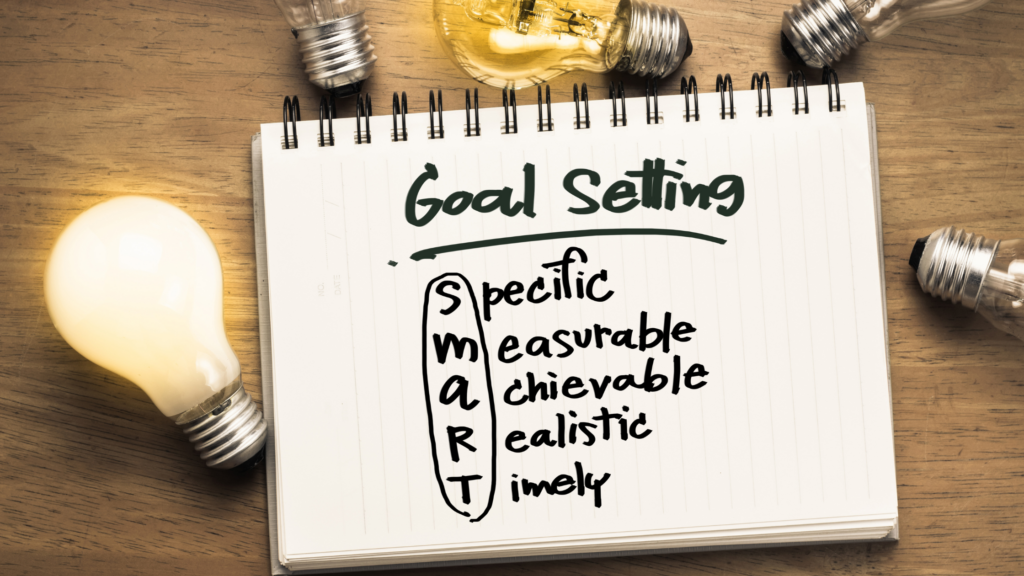Have you ever thought about why so many people go to the gym?
I have, the gym is a safe place for people to work out their stress from the day and clear their mind. While going you become stronger physically and it also helps your mind become stronger which is a hidden side effect. It can help you if you are a student working on essays or if you have a job and working and need some mental rest and the gym can be your sanctuary.

The hidden bonus of the gym
When we first think about the gym you think about like bodybuilders or influencers. While these are great outlooks for going there are other benefits to going to the gym.
There are physical benefits that get attention and noticeable to others, but the mental health benefits need attention as well, because this gets overlooked.
When exercising you brain is working to the same level you are. According to Dr Wendy Suzuki “Exercise is the most transformative thing you can do for your brain today”. Dr Wendy Suzuki is a neuroscientist at New York University.
In a world where anxiety and burnout are on the rise. The gym has now become more than just a place to build muscles, it is becoming a tool for mental clarity, and daily stress relief. When you become stronger so does your mind.
Personal experience

So, my own personal experience in the gym was that when I was younger, I chased the gym to get fitter and personally look better, so was chasing a better look and not a better mental state. Then after a few weeks of going to the gym I was able to sleep better, my mental clarity was better and when in a stress environment like exams I was able to think clearer. This was a huge help when it was in exam season with all of the stress of grades and getting into university or getting into 6 forms.
Now gym for me personal has now become less able achieving abs but feeling strong mentally and physically whilst looking better.
Why it all works – The science behind the sweat
So, the reasoning and science behind how it make us feel so good is that it goes down to the fundamentals like the brain chemistry and biology.
Research
According to different clinical research it shows that a 30 minute exercise 3 times a week can reduce symptoms of anxiety and depression. That would lead to helping improve mental strength.
A psychiatry study has found that if you exercise regularly it can reduce you bad mental health days by 43%.
The endorphins and chemicals
When exercising the brain realises natural chemicals which effect the body in a positive way. The hormones that are released are dopamine, serotonin, and norepinephrine. Norepinephrine is also knowns as noradrenaline. These are all neurotransmitters that affect the body mood, attention span and its motivation.
Minimising stress hormones
The main stress hormone is cortisol, and when you do any physical activity, it helps minimise it. So regular workouts means that it trains your body to be more effective at handling any pressure or stress that you endure.
Growing your brain
Sound impossible right? To grow more brain cells but it is completely possible. To achieve this all that is needed to do is aerobic exercises. Examples of this is cycling, running, swimming these are only a few examples that will help grow some new brain cells within the hippocampus.
The hippocampus is part of the brain that controls the memory and learning.
There are also some studies that show that regular workouts can improve memory and cognitive function over time.
The way it makes you sleep better
Sleep and your mental state are closely related, because when you sleep it processes your memories from the short term to the long-term storage.

Working out is one of the most effective way of getting the best sleep naturally. This would mean that deeper sleep and better-quality rest would mean clearer thinking and a better mood. The best rest would also lead to not burning out.
Boots focus and eliminates brain fog
After a workout you get a post-workout clarity, or I personally do.
When exercising it increases your heart rate which elevates blood flow, this leads to more blood flow around the brain which increases your focus and will improves your reaction time.
All of these would improve your ability to make decisions which especially helps in high pressure situations like work deadlines and exams.
Video
Below is a video on more for the brain chemistry and how exercise will help your mental well being.
Challenge yourself
You have now read some science of it, you have heard my story, so now it is your turn. It doesn’t matter if you have never been to the gym or getting back into the routine of the gym. Just what you need to remember and keep in mind everything you do regardless of if it is running or weights is investing in your mental heal and mental strength, and not just your muscles.
So, just start with half an hour a few times a week, even just walking for 30 minutes. After than you will definitely notice how you sleep, think, feel, and act different. Remember you don’t have to train for perfection just improvements.
Your brain will thank you in the end remember.
Summarise
To summarise this blog the gym isn’t just for muscles it’s a tool to increase your mind. Then regular exercise releases feel-good chemicals like endorphins and dopamine, reduces stress, and increases new brain cell growth. It improves your sleep which makes your memory increase and boost your mental health and wellbeing. So regardless of why you’re going to the gym whether you’re dealing with stress, brain fog, movement is going to be your medicine.
Make your goal feel strong mentally and physically.
Please leave a comment below about your thoughts of the blog, and if any of it helped.















:max_bytes(150000):strip_icc()/article_7866255_foods-you-should-eat-every-week-to-lose-weight_-04-d58e9c481bce4a29b47295baade4072d.jpg)



:max_bytes(150000):strip_icc()/Getty_diary-10174446-56af9a195f9b58b7d01af022.jpg)




